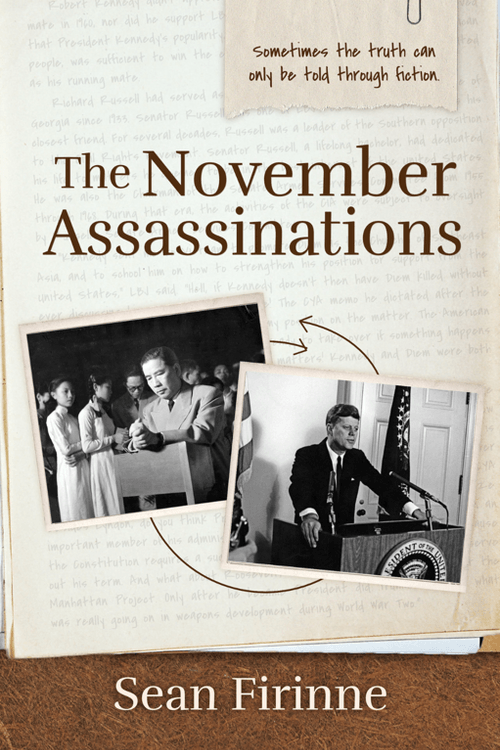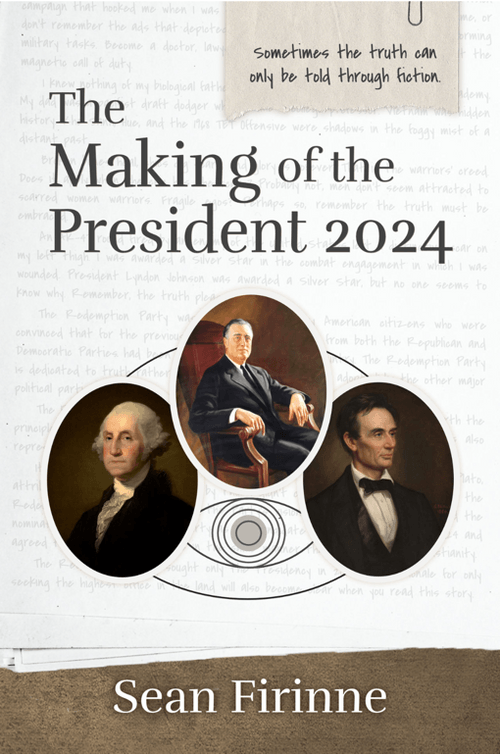From Scrolls to Screens: The Evolution of Historical Documentaries
- Sean Firinne

- Jul 11, 2024
- 2 min read
In the vast landscape of media and storytelling, historical documentaries have
emerged as powerful vehicles for exploring the complexities of human history. From early black-and-white reels to high-definition streaming platforms, the evolution of historical documentaries mirrors advancements in technology, shifts in storytelling techniques, and changes in societal perspectives.
The journey of historical documentaries begins with early cinematic pioneers who sought to capture and preserve historical events on film. These early documentaries, often silent and rudimentary in nature, laid the foundation for a genre that would evolve over the decades.
As technology progressed, so too did the scope and sophistication of historical documentaries. The advent of color film, sound recording, and later, digital editing techniques, allowed filmmakers to bring history to life with greater realism and emotional impact. Iconic documentaries such as "The Civil War" by Ken Burns and "Shoah" by Claude Lanzmann exemplify this evolution, using innovative narrative techniques and archival footage to immerse audiences in the past.
The rise of television and streaming services in the latter half of the 20th century further democratized access to historical documentaries, reaching global audiences hungry for both education and entertainment. Documentaries began to explore diverse topics and perspectives, from ancient civilizations to contemporary social movements, challenging viewers to rethink conventional narratives and confront uncomfortable truths.
Today, historical documentaries continue to evolve in response to technological innovations such as virtual reality (VR) and augmented reality (AR), which offer new ways to engage with and experience history. These technologies provide immersive experiences that transcend traditional storytelling, allowing viewers to interact with historical environments and artifacts in unprecedented ways.
However, the evolution of historical documentaries also raises important questions about authenticity, bias, and the responsibility of filmmakers to present balanced perspectives. As the genre expands, filmmakers must navigate ethical considerations and strive for accuracy while captivating and educating audiences.
In conclusion, the evolution of historical documentaries reflects not only advancements in technology but also shifts in societal attitudes towards history and its interpretation. As we look to the future, the role of documentaries in shaping our understanding of the past remains vital, offering opportunities to explore, learn, and appreciate the rich tapestry of human experience.
Join us on a journey through time as we celebrate the evolution of historical documentaries, from scrolls to screens, and explore how these films continue to illuminate the past and inspire dialogue in the present day.







Comments